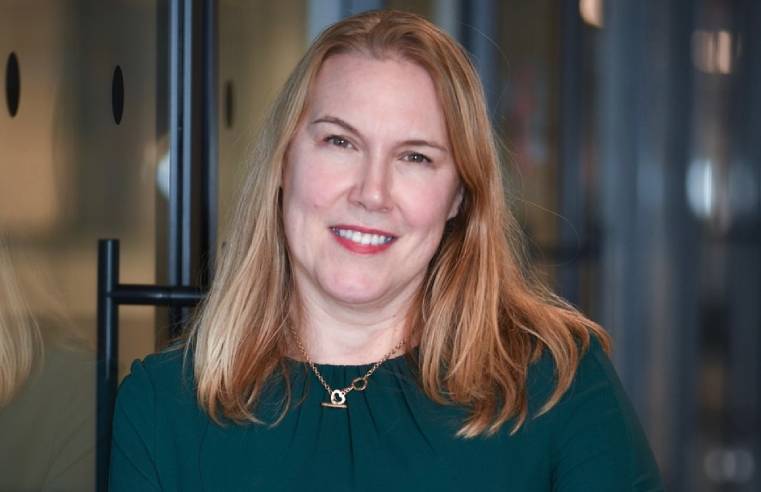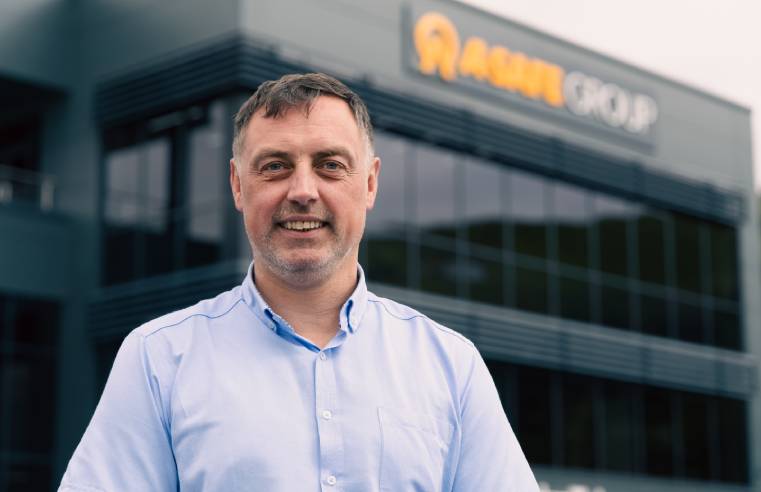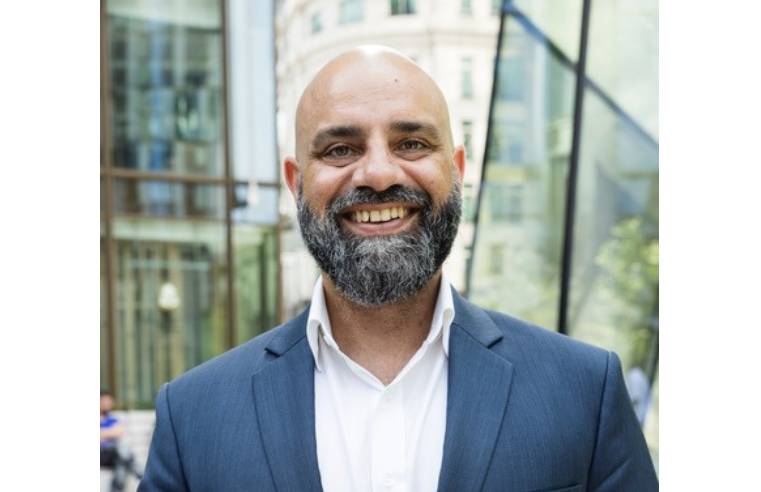Ahead of World Suicide Prevention Day, on 10 September, the Institution of Occupational Safety and Health (IOSH) is sharing ways of helping people at risk.
The COVID-19 pandemic has taken its toll on the mental health and wellbeing of people across the globe. While coronavirus-related suicides among emergency workers have yet to be fully investigated, studies point to a huge increase in those attempting to take their own life.
More than 220 nurses attempted suicide in 2020, suggests data compiled by theLaura Hyde Foundation charity. This is more than the total number of nurses who ended their lives over a five-year period between 2013 and 2017 in England and Wales, according to the Office for National Statistics.
Anotherstudy using retrospective media reports identified a total of 26 worldwide healthcare professional COVID-19-related suicides, whiledata collected in Cyprus showed the negative mental health outcomes on healthcare workers, such as post-traumatic stress, anxiety and depression.
So how can we care for the carers? Almost three-quarters of respondents (72%) in the 2021 IOSH member survey said managing workplace mental health and wellbeing should be part of the occupational safety and health (OSH) role.
Karen Michell, IOSH Research Programme Lead (Occupational Health), said: “Now is the time to raise awareness and upskill where needed, so OSH professionals can identify those at risk, advocate for them in the workplace and refer them on for supportive help as required.”
Strategies to prevent suicide
As the theme of this year’s awareness day is creating hope through action, Karen suggests that OSH professionals could be instrumental in introducing the following strategies:
•Change the culture at work – decrease the stigma attached to mental health issues and talk about it in the workplace.
•Ask colleagues if they are okay.
•Introduce interventions, such as increased awareness of suicide and suicidal ideation to lay workers, train line managers and employees on how to identify the signs and offer access to support services that can intervene and support the individual.
•Set up a workplace champion, who can confidently be approached for support on mental health issues.
•Ensure understanding of high-risk groups – such as construction workers, nurses, doctors, police, firefighters.
•Integrate strategies into existing mental health strategies in the workplace.
•Ensure post-ideation intervention and follow up.
•Manage issues at work that lead to suicide and ideation – eg stress, poor control over psychosocial stressors.
•Train mental health first aiders at work.
IOSH has a range of relevant resources, includingWorking well – guidance on promoting health and wellbeing at work andOccupational health management in the workplace guides,Returning to work after common mental disorders andMENtal health first aid in The wORkplace (MENTOR) research reports, as well as the Managing Occupational Health and Wellbeing course.
Warning signs
Karen has also compiled a host of helpful information available from trusted organisations. Below are some of the serious warning signs, identified by the National Institute of Mental Health, that someone may be at immediate risk/at risk:
• Talking about wanting to die or wanting to kill themselves.
• Talking about feeling empty or hopeless or having no reason to live
• Withdrawing from family and friends
• Taking great risks that could lead to death, such as driving extremely fast
• Displaying extreme mood swings, suddenly changing from very sad to very calm or happy
• Making a plan or looking for ways to kill themselves, such as searching for lethal methods online
• Talking about feeling great guilt or shame
• Acting anxious or agitated.
If you do notice any of the above warning signs, Heads Up has advice on what to do, including:
•Start a conversation, for example: ‘you haven’t seemed yourself lately and I’m worried about you’.
•Ask if they are thinking of suicide, to help you understand how they’re feeling
•If you feel out of your depth, consider asking the person if you can contact someone else who could help, such as a colleague trained in suicide first aid, or go with the person to call a crisis line.
Support services
Have a list of good services to which a worker can be referred, such as:
•Mind
•Workplace Strategies for Mental Health
•The Prince’s responsible business network
•Supportline, which offers links to many support services for suicidal ideation
World Suicide Prevention Day is organised by the International Association for Suicide Prevention, which is encouraging people everywhere to become a beacon of light to those in pain.






















